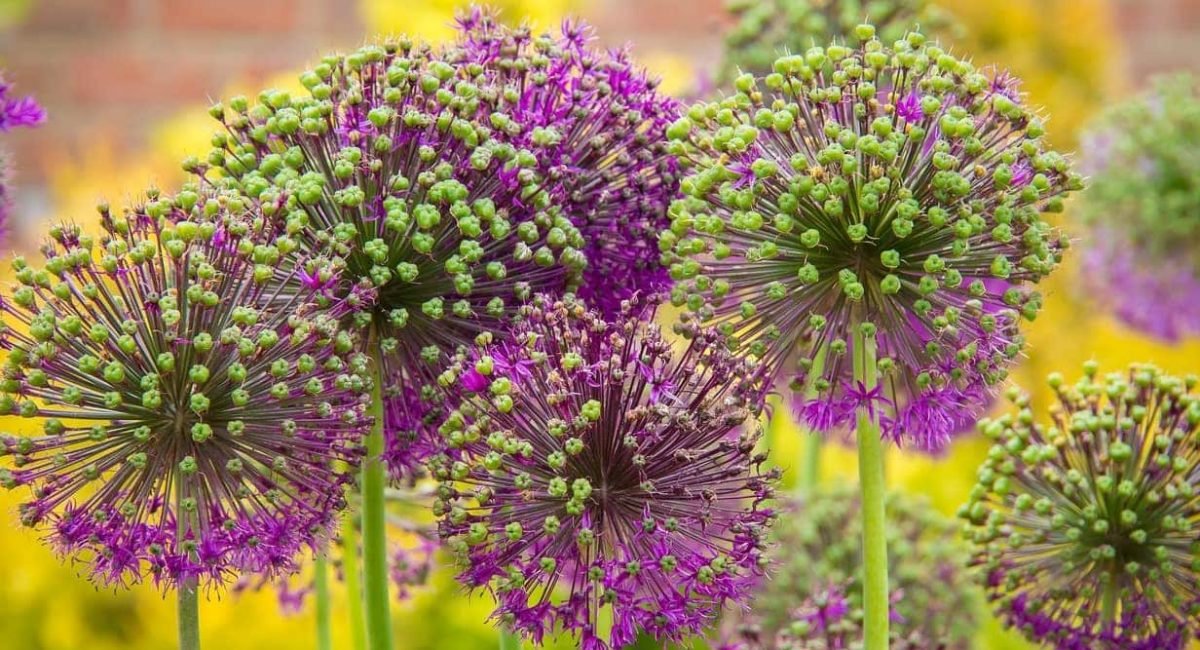Where are we with Wellbeing?
a reflection

By Karen Forshaw
GP Doncaster (Yorkshire & the Humber)

By Chrisssie Mowbray
Chartered Physiotherapist (Yorkshire)
Unfortunately, the statistics are rather dismal: The GMC national training survey 2021 reports that:
- 33% of trainees feel burnt out to a high/very high degree because of their work.
- Three in five trainees said they always or often feel worn out at the end of the working day. 44% feel their work is emotionally exhausting to a high/very high degree.
- 22% of GP trainers and 25% of secondary care trainers feel burnt out to a high/very high degree because of their work.
- 71% of GP trainers and 49% of secondary care trainers said they always or often feel worn
- 30% of GP trainers and 29% of secondary care trainers feel frustrated by their work to a high/very high degree.
The BMA Covid-tracker survey February 2021 concurs, reporting
- 32% of respondents said they are ‘more likely’ to take early retirement (1,352 respondents)
- 21% of respondents said the same to leaving the NHS for another career (882)
- 25% of respondents said they are ‘more likely’ to take a career break (1,065)
- 17% of respondents said they were ‘more likely’ to work in another country (728)
- 50% of respondents said the same for working fewer hours (2,099)
The pressure in primary care is enormous and more recently we have received really bad press, particularly on social media. The service has changed due to the pandemic but patients often don’t understand this and are expressing their frustration. It is really hard not to take this personally when we are working so closely with people.
www.resilientpractice.co.uk shares a large number of diverse tools and techniques to get you started. Click the button below.
Are you thriving in the current climate? The pandemic is not over. How will you sustain your mental wellbeing in the months to come?
You have the power to build the personal resilience that is paramount for maintaining optimum performance and mental wellbeing over the course of a long career by learning tools and techniques that help.
We have experienced resistance to our resilience training methods because of a drive to change the system rather than focusing on increasing the individual’s ability to cope in a harsh environment. We absolutely agree that the system is broken and needs reform. However, as practising healthcare professionals we know that clinician burnout is happening right now. And we can all do something about that RIGHT NOW.
We all need to wake up and accept responsibility for our own well-being. When we do, we have all the power.
So while our leaders lobby for reform, we want to share resilience tools and techniques with as many people as possible and we want you to take them away and teach them to colleagues, family, friends and patients. For more information see
- How to Rise – A Complete Resilience Manual
- www.resilientpractice.co.uk a free wellbeing website
Other resources include:
- NHS Practitioner Health
- BMA counselling service















There are many recognised benefits to practising Mindfulness.
- Stress relief
- Reduces BP
- Reduces pain
- Improves sleep
- Reduces anxiety
- Improves overall wellbeing
There are several ways to improve your mindfulness skills. Follow the links below for in-depth articles and step-by-step tools.

